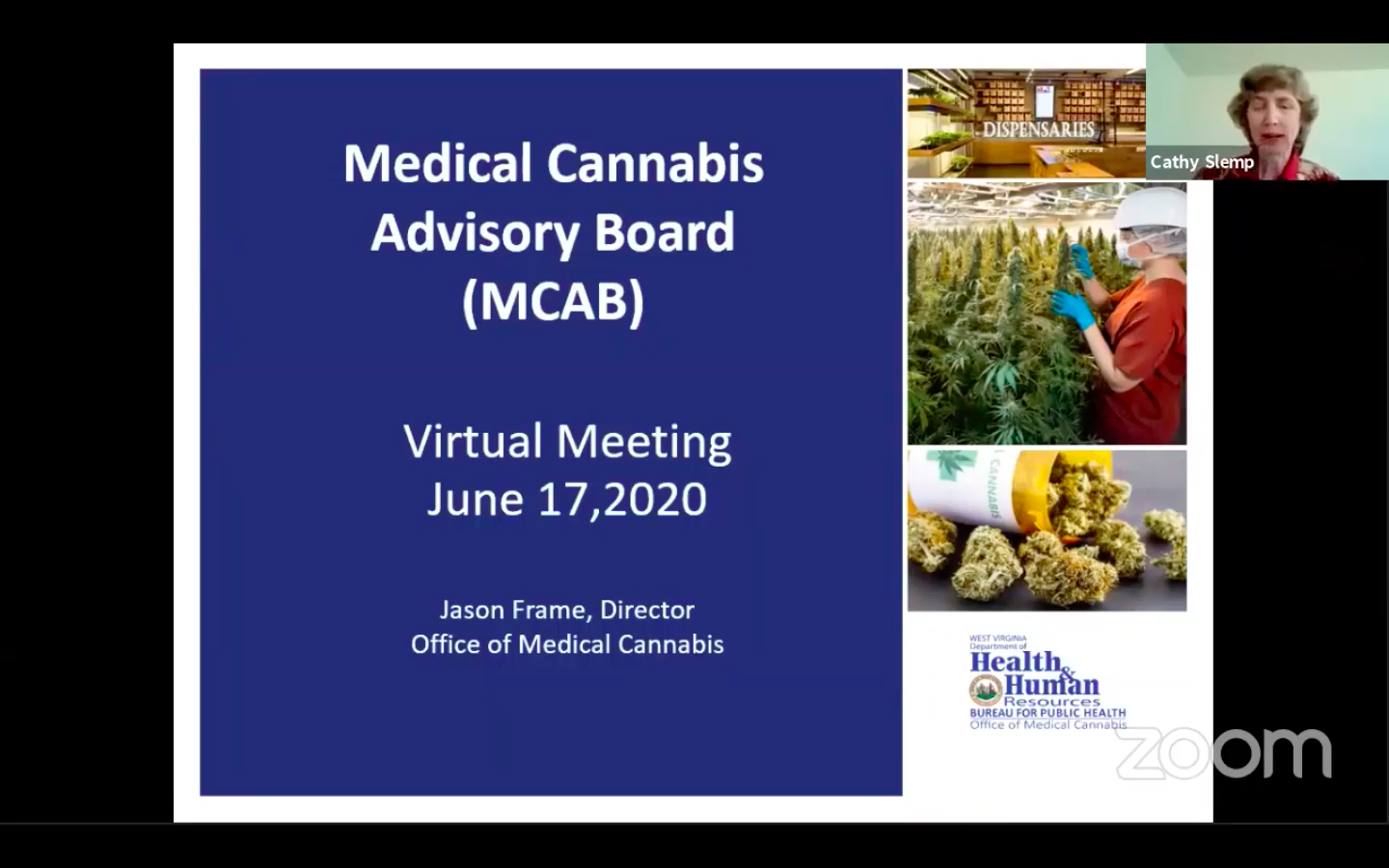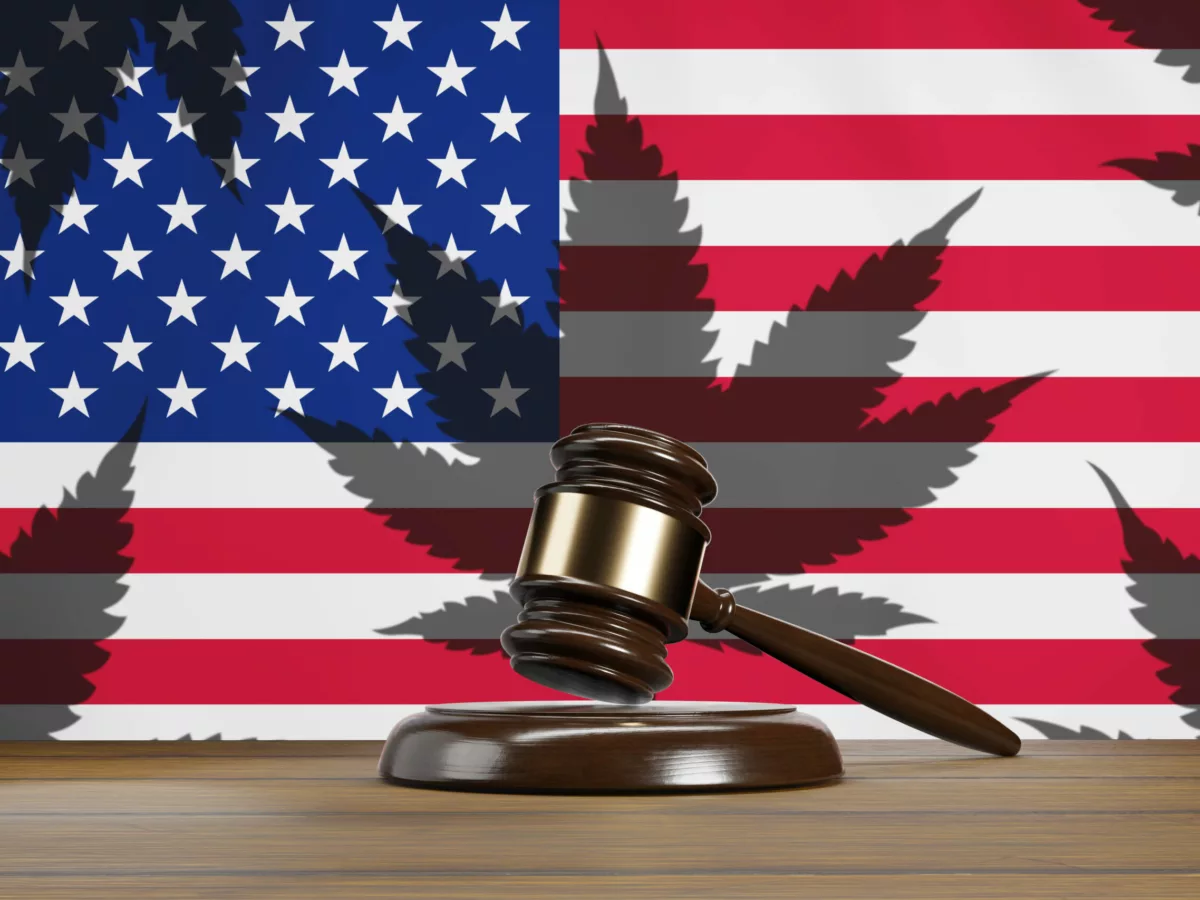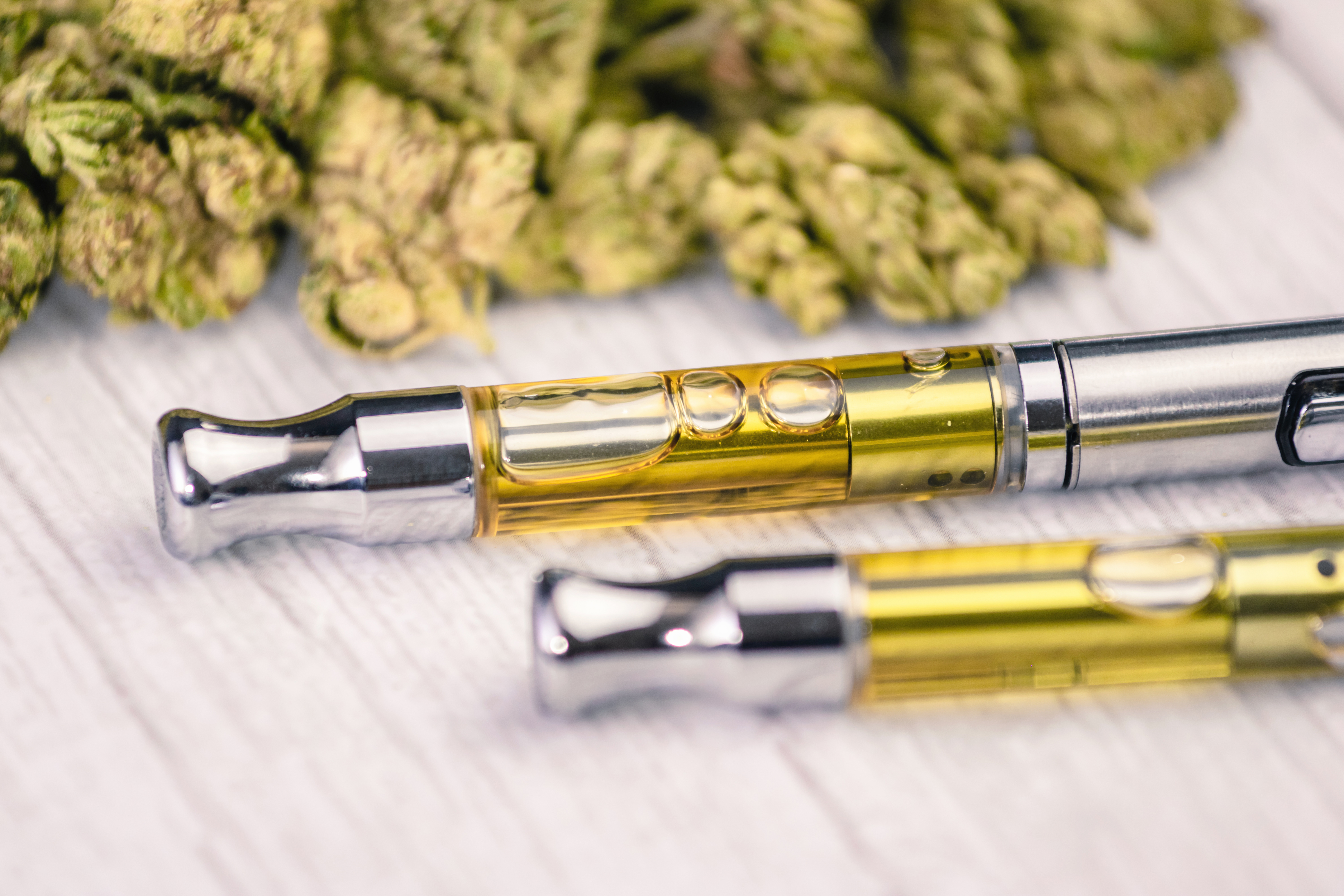Not long after it was announced that West Virginia would likely not have a medicinal cannabis program until 2021, the state’s Medical Cannabis Advisory Board (MCAB) hosted a virtual meeting last week providing a number of updates on its infamously, slow-going program.
In April 2017, West Virginia passed a bill allowing for the creation of its medicinal cannabis program and since then, has continually adjusted and reevaluated it, all presumably for the better, while also drastically delaying the program’s launch. For example, initially, the program did not allow flower but then that was adjusted. In July 2019, West Virginia’s Office of Medical Cannabis (OMC) received its funding and one month later, hired five employees. At the end of May of this year, it was announced that medicinal cannabis in West Virginia would indeed be delayed until 2021. There were also some important updates: Applications for licenses to grow and/or process cannabis have been reviewed while dispensary applications are still being reviewed. 44 growers, 41 processors, 199 dispensaries, and 1 lab have sent in applications. Additionally, physician registration for doctors in West Virginia who want to know more about recommending medicinal cannabis are able to register as of May 28. They need to fill out an application and take a four-house education course.
It is interesting to observe West Virginia’s progress as nearby Virginia launches its medicinal cannabis program soon and Maryland’s medicinal cannabis program navigates complex issues tied to racial equity and it seems, pending legalization for recreational adult use. There has also been a conversation about access to cannabis for those who need it but cannot easily get to dispensaries or lack the funds to purchase it. In response, West Virginia has considered the possibility of home-growing. It is something that Rusty Williams, MCAB’s patient advocate supports: “I think as far as getting our medical bill fixed—getting it where it needs to be to promote better patient access—homegrown is absolutely crucial,” Williams told West Virginia Public Broadcasting earlier this year.
At last week’s meeting, Williams again focused on concerns about affordability of medicinal cannabis in West Virginia and home growing as a possible solution to that concern.
“We are one of the most economically depressed states in the country,” Williams said. “Has there been any discussion about adding whether or not to look at allowing patients to grow limited amounts for their own personal use?”
Williams went on to suggest that price points must be heavily regulated or the program risks squeezing many West Virginians out and pushing them into the black market.
“Has there been any discussion of capping product prices?,” Williams said. “There are a lot of patients…who are still having to utilize the black market just because dispensary prices are so high. That’s another reason why I think homegrow has got to be a part of this discussion because we do have a lot of patients—folks on medicare and medicaid have basically been priced out of their medication.”
MCAB’s 90-minute meeting can be viewed below.






